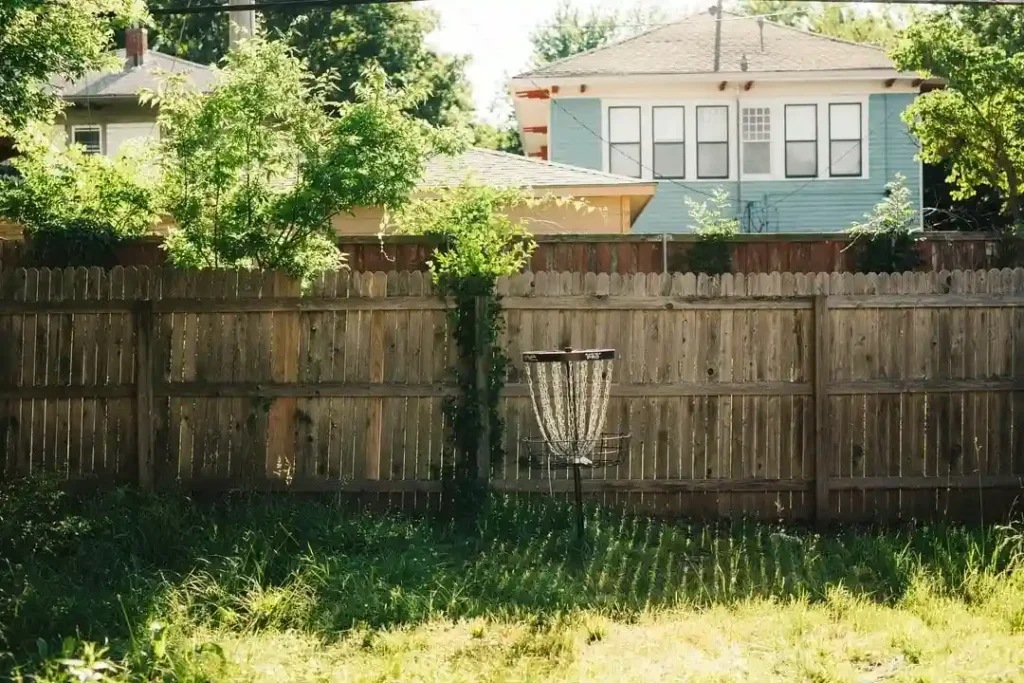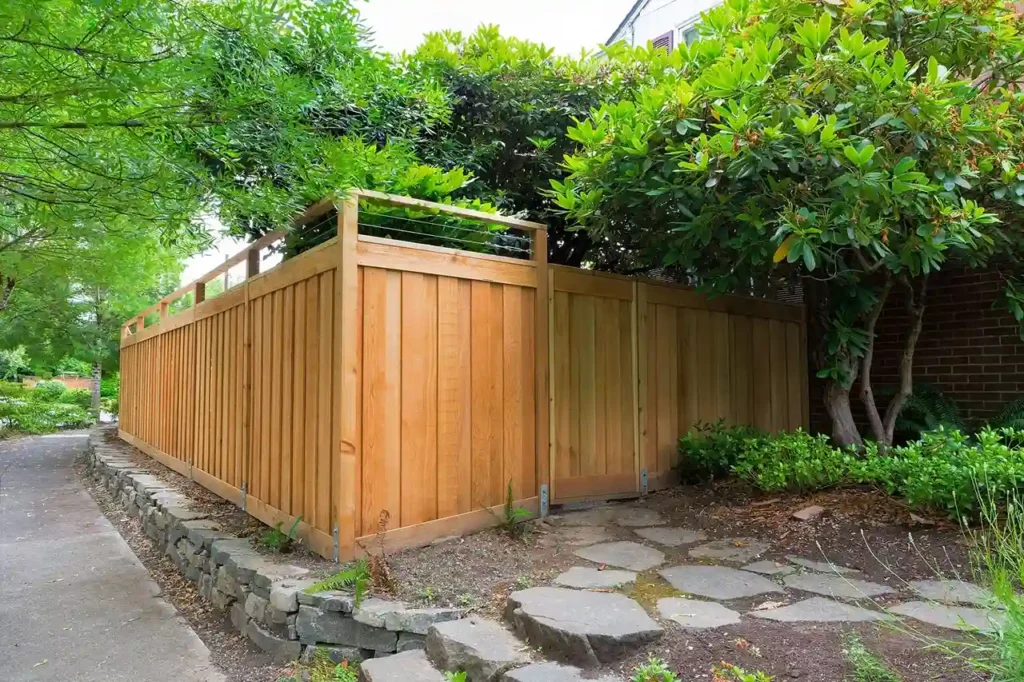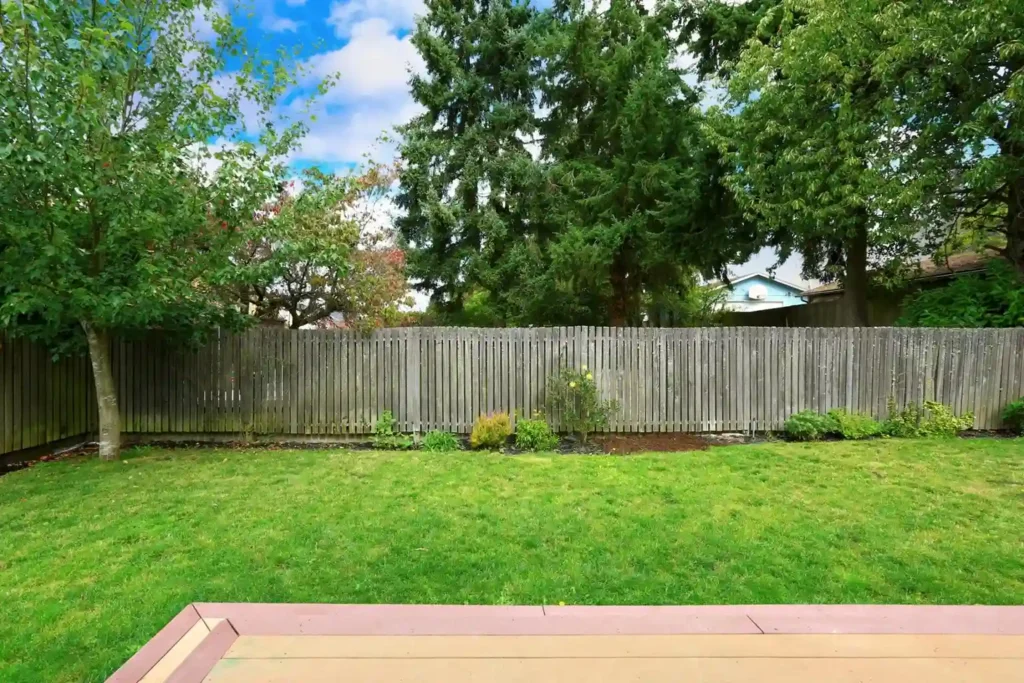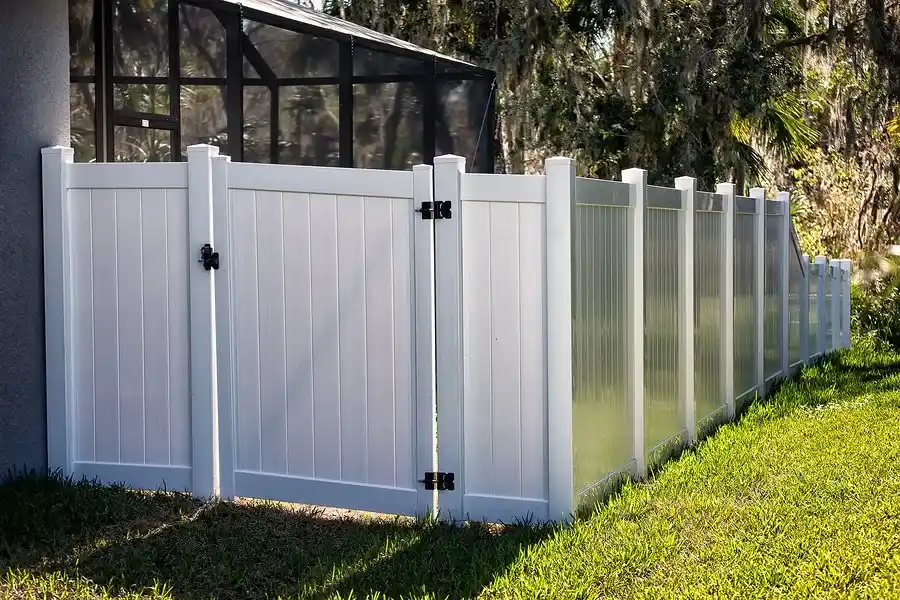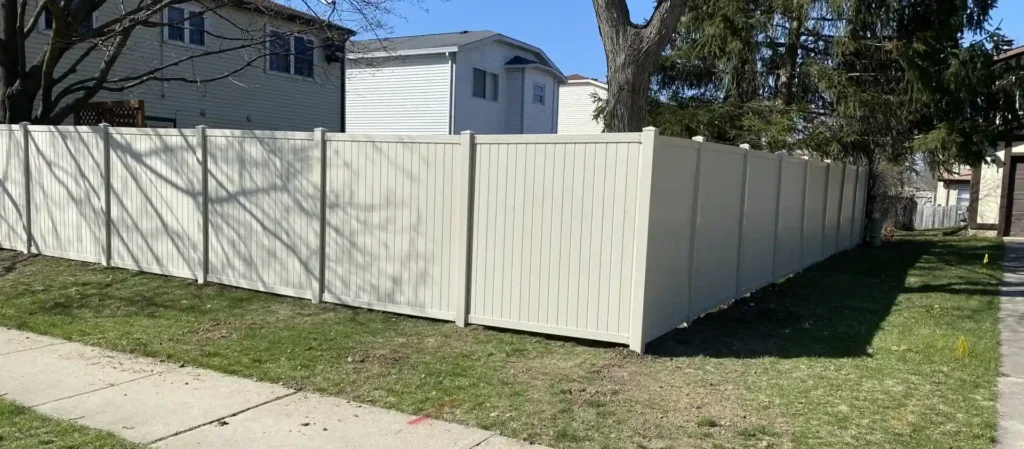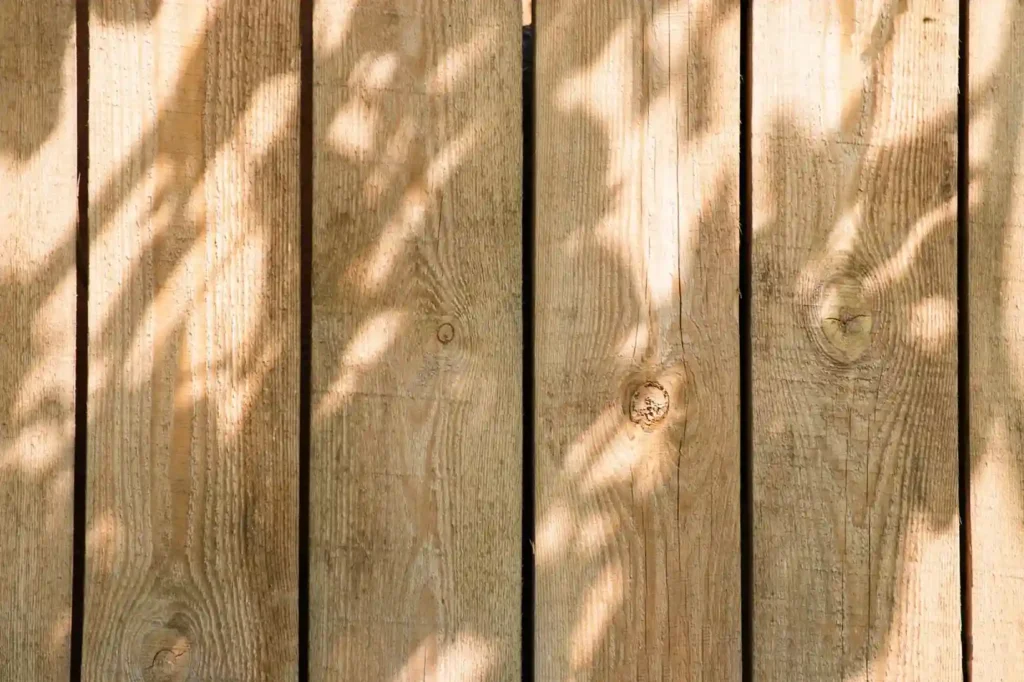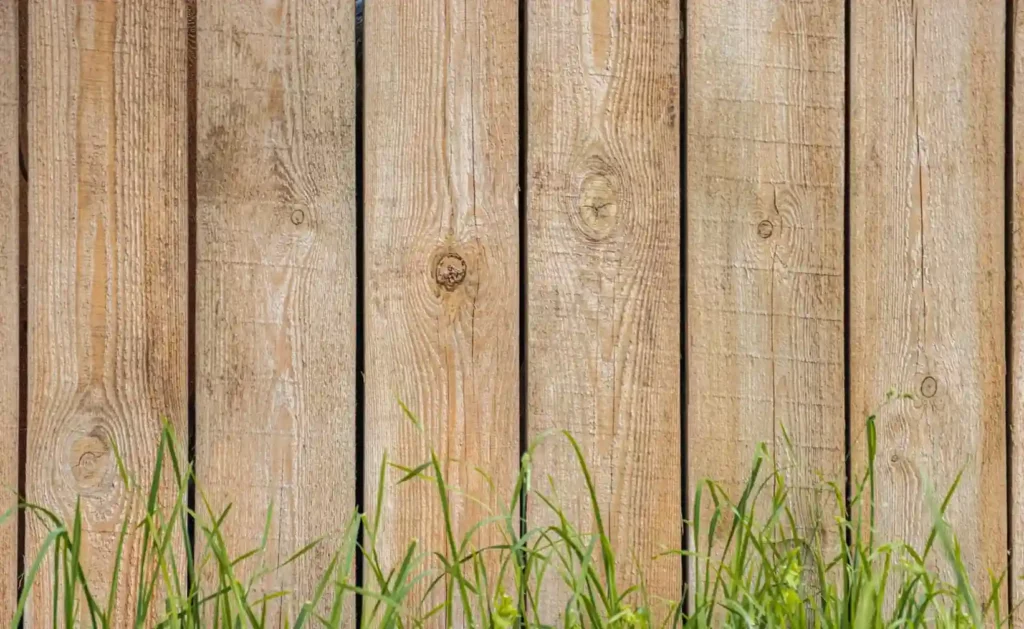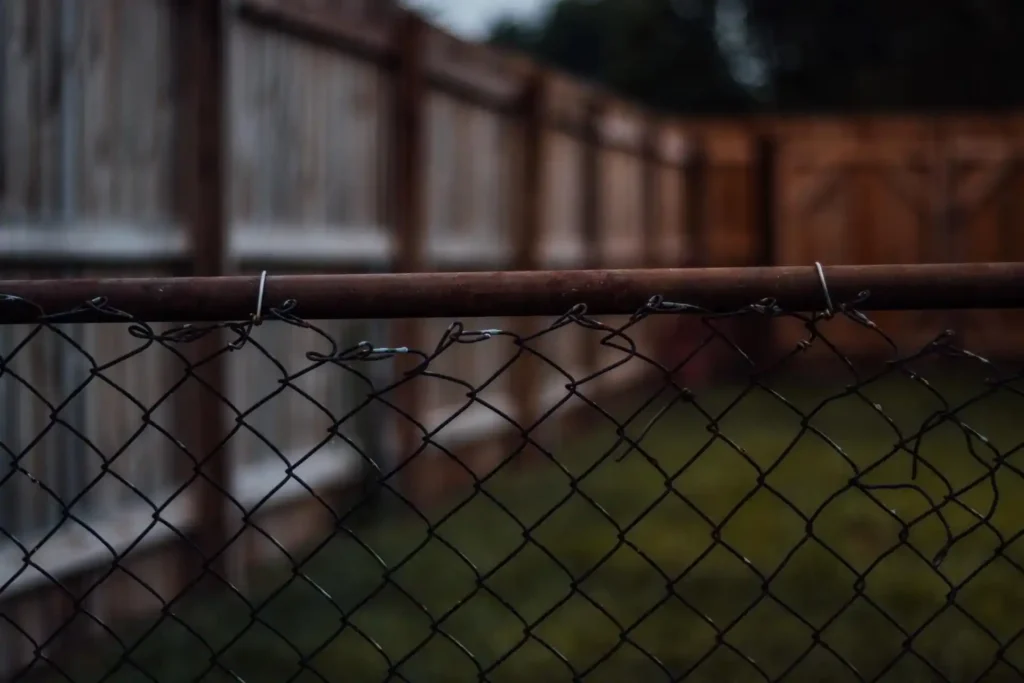Top Tips for Choosing the Best Fence for Your Yard
- July 17, 2021
When planning to fence your yard, make an informed decision so that your option will meet the needs of your yard, family, and way of life, among other things.
Homeowners have a variety of fence alternatives to pick from, as well as a plethora of factors to consider before constructing a fence. Make certain that the fence you choose will satisfy the needs of your home: Is it your intention to keep children and pets contained, increase seclusion, or just increase the value of your home by improving the appearance of your yard?
Maintainability and pricing are also important considerations. You should also research neighborhood restrictions and choose the most qualified fencing contractor to do the installation.
When deciding between a white picket fence and a wooden privacy fence, Patrick Brouillette, proprietor of highly rated BuyaFence.com in Schaumburg, IL, advises that you should thoroughly analyze your options before making a financial commitment.
When it comes to the cost of a new fence, the average ranges from $4,600 to $12,000, depending on the size and type you choose. As a result, you want to make an informed decision the first time. The cost of fence installation is also affected by other factors, such as the slope of your yard.
When choosing the ideal fence for your home and family, highly rated fencing companies advise you to consider the following considerations:
1. Select the most appropriate fence for your yard.
Fences are installed by homeowners for a variety of reasons, including seclusion, aesthetics, and the protection of dogs and children. Fences, when done correctly, are one of the most important landscape components that can raise the value of a home.
Pickens recommends that you first ask yourself why you need a fence and then let the answer drive your decision-making. He recommends that you put your necessities first and your wants second, rather than the other way around.
If you want seclusion, but you need a picket fence, he says, adding that privacy fences are generally discouraged since they might detract from a home’s value when it comes time to sell. ‘When it comes time to sell your house, potential purchasers will wonder, ‘What are they hiding back there?'” says the author.
In the case of a need for seclusion, wooden fences are typically the most effective solution, while vinyl fencing is occasionally a feasible alternative, according to Jennifer Pechanec, manager of Chesapeake Custom Builders in Chesapeake, Virginia.
However, she points out that certain vinyl fences may have panels that are too widely apart to give adequate privacy.
Customers who do not require seclusion might opt for an aluminum fence, which provides a classy, open appearance to their yard. Aluminum fencing is required by some homeowners groups in certain localities.
In terms of confinement, if you’re primarily concerned with protecting a pet or a youngster, no one style of fence is particularly preferable to another, according to Michael Sterrett, owner of Affordable Fence in Bloomington, Indiana.
Always keep in mind that you are constructing a fence for containment purposes. When building a fence to keep a pet contained in your yard, for example, it is important to consider what your animal is capable of in terms of digging and jumping, explains Pickens.
“The last thing you want is to spend time and money building a new fence, just to have your dog jump over it when you let him out for the first time,” he explains.
2. Take into consideration fence upkeep.
Consider how much time you want to devote to keeping your fence in good condition.
Wooden fencing requires the most upkeep due to the fence painting and staining that must be done every couple of years, but it can increase the value of your home by making your yard more aesthetically beautiful, according to Pickens, who also recommends it.
Many homeowners prefer aluminum or vinyl fencing because it takes little maintenance over time, according to Sterrett. Aluminum and vinyl fencing are also less expensive than other types of fencing. Pickens points out that wood fences have the advantage of being more easily mended than metal fences.
It is possible to replace damaged boards and have them fit in with the rest of your fencing, according to him, if a storm causes damage to a few.
As Pickens warns, if you need to repair or replace part of a vinyl or aluminum fence, you may discover that the fence manufacturer is no longer in business or no longer sells the product, making it difficult to find fencing that matches what you already have in your yard, or that the fence manufacturer is no longer in business. According to him, clients may find themselves having to replace an entire fence despite only minor damage to a few portions.
According to Pickens, “the bottom truth is that if you construct a wood fence, it will always be easily repairable and replaceable.”
3. Consult with your homeowner’s association.
It’s possible that if your community is governed by a homeowner’s association, you will have no say in the style of fence you can erect. Before proceeding with a project, make certain that the fence you desire satisfies the organization’s requirements for materials and height.
In a related article, find out how much control homeowners associations have over your property.
Maintain adherence to community association policies and procedures at all times, or you may face legally enforced fines.
Estimate Your Fence Cost — Fast & Free
Get a Quick Quote With Estimate in Minutes.
4. Select the most qualified fence contractor.
While it is possible to fence in a yard on your own, doing so will require specialized tools and a lot of hard work. Consider hiring a professional, but first check the company’s licensing status and customer references to ensure that they are reputable.
Also, make certain that the fence contractor will obtain all of the building permits that you may require from your city or county government.
Your local planning and zoning agency can supply you with a plat map of your property, which will allow you to accurately delineate your property borders and better plan the location of the fence on your property.
5. Prepare a Budget
Nobody likes being surprised, especially when it comes to pricing on something you really want for your home. Do your research on building materials. Prices have exploded since last year due to inflation, be prepared for a drastically higher price than you originally anticipated. Cedar, and lumber for that matter, are not the most expensive fence material. Vinyl is. Vinyl continues to go through the roof, and is often in low supply. Take this into consideration when choosing your fence installation options.
A great way to budget for your next fence purchase is to use our fence price calculator. This will help you determine a starting point of material selection, number of gates, and if you can really afford the project or not. It’s best to use this calculator prior to booking sales reps to come out, as it can be a waste of everyone’s time if the budget is not available for the project from the get-go.
Have questions? Feel free to contact us directly at info@buyafence.com or by calling 855-469-7742
Estimate Your Fence Cost — Fast & Free
Get a Quick Quote With Estimate in Minutes.

